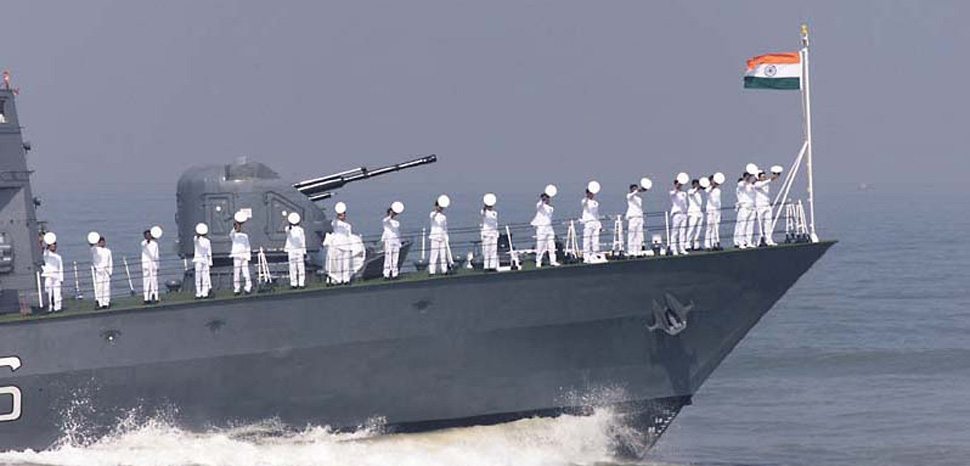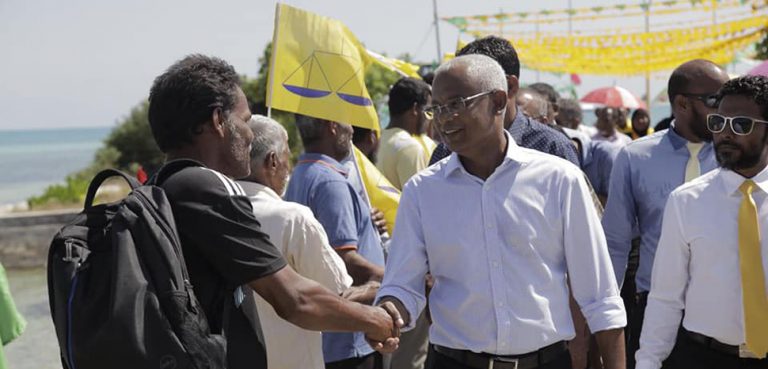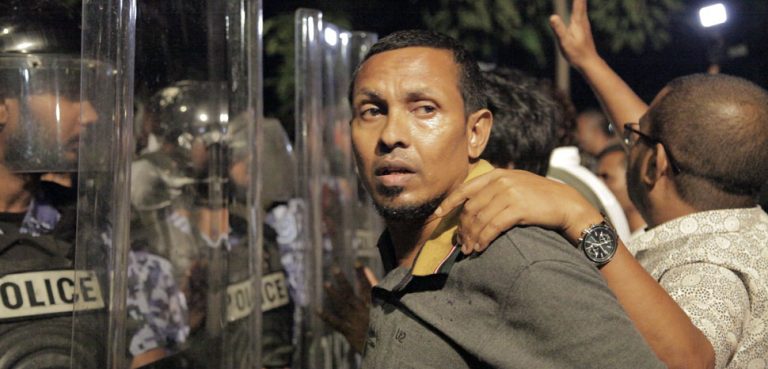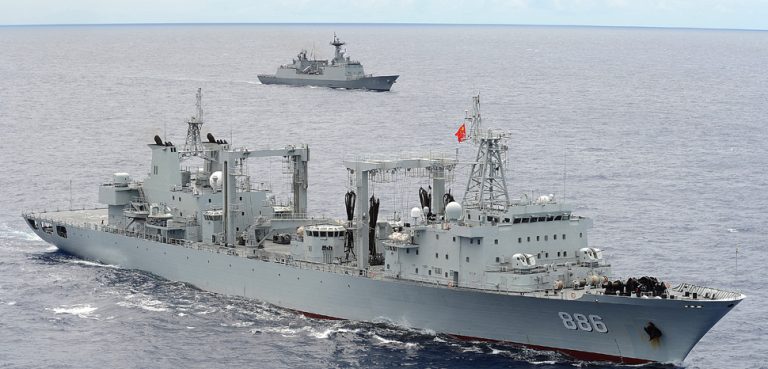Summary
South Asia and the Indian Ocean are becoming increasingly unstable. Recent events such as the political turmoil in the Maldives and the ethnic clashes in Sri Lanka only add more troubles to a region already marked by longstanding security issues like the Indo-Pakistani conflict and the Sino-Indian territorial disputes. And it is exactly the rivalry between New Delhi and Beijing that is becoming the main driver of geopolitical competition in the region.
Acting as a junction between the rich East Asian and European markets, the Indian Ocean is of paramount importance for world trade. Consequently, any event causing instability in this maritime region can have a profound impact not only on the security environment of South Asia, but also on the global economy. As such, comparing the two most recent and notable events affecting the area, namely the Maldivian political crisis and the Sri Lankan ethnic clashes, offers precious insight into the complex and ever-shifting security dynamics of the Indian Ocean.
Impact
Earlier this month, a 10-day state of emergency was declared in Sri Lanka. The decision came in the wake of a series of violent ethno-religious clashes between Sinhalese Buddhists and the island’s Islamic minority. More specifically, Buddhists attacked mosques and Muslim-owned shops after a Sinhalese truck driver was killed during an altercation with members of the Islamic community (an episode which had no political, ethnic, or religious motivations). The clashes resulted in the deaths of two people and prompted the government to condemn the anti-Muslim attacks and declare a state of emergency, which has now ended.
Given the precedents of strained cohabitation between the island’s groups, this is not a positive development. The dominant ethnicity is the Buddhist Sinhalese, accounting for around 74% of the island’s population, but two important minorities also exist. The first is the Tamil, who represent roughly 16% of the population and are mostly Hindu. Their attempt (led by the Liberation Tigers of Tamil Eelam) to create an independent state in the north and east of the island triggered a long civil war that lasted from 1983 to 2009. In this regard, it is notable that the recent state of emergency has been the first to be proclaimed after the end of the Tamil insurgency. The second relevant ethnic-religious community is the Sri Lankan Moors, who follow the Islamic faith and make up about 9% of the country’s population.




